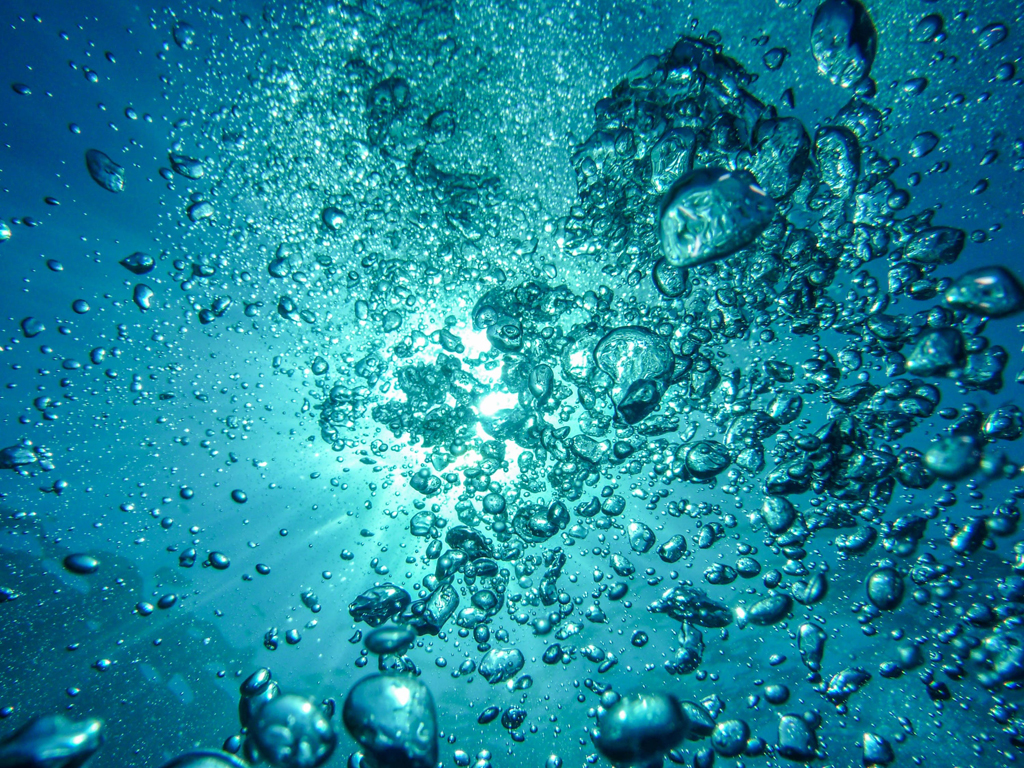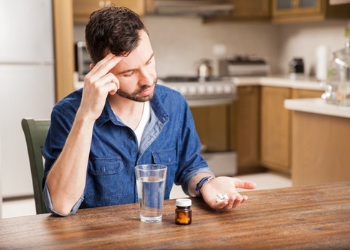
What if I just gulp this red pill for every ill? Eye - opener for sensible drug use and the role of water after having a wee

Health-care facilities have been invaluable institutions around the globe to  ensure highly targeted, effective therapies. The very earliest interventions were often rudimentary, life prolonging measures e.g. for disinfection of serious flesh wounds caused by wild animals (or fellow humans), to help prevent life-threatening infection. Medication per se was limited to herbal infusions that earned reputations for benefit in both acute and chronic conditions.
ensure highly targeted, effective therapies. The very earliest interventions were often rudimentary, life prolonging measures e.g. for disinfection of serious flesh wounds caused by wild animals (or fellow humans), to help prevent life-threatening infection. Medication per se was limited to herbal infusions that earned reputations for benefit in both acute and chronic conditions.
In the modern era, more than 5000 different pharmaceutical products exist worldwide to ensure targeted treatment for a multitude of global diseases. These products include the diclofenac-containing topical cream you use on your skin to alleviate muscle ache. Tesco’s ‘everyday essentials’-multipack of paracetamol and ibuprofen, which you might store in your handy bedside cupboard to take at the merest hint of headache.
And – how do you dispose of expired drugs? Flush them away down the toilet? They’ll surely be rendered harmless through dilution in the sewer system – Let me intervene here!
There is a reason why pills come in pre-sized blister packs and different colours!
Drugs are target-designed to assist the body to cope with specific diseases. Importantly, they are typically developed to work at very low doses. Early drug intervention for many diseases is essential to ensure effective treatment and consequently, improved wellbeing – no doubt!
However, worldwide prescribing rates are rapidly increasing , driven not only by the increase of modern-world disease incidence, such as diabetes, obesity, cancer and cardiovascular conditions, but also by an increasingly impatient audience for rapid and effective treatments, fuelling spiralling prescriptions and over-the-counter sales.
Every pill you swallow will release its active pharmaceutical ingredient, to carry out its purpose in your body to treat e.g. pain, fever, nausea or more specific disease symptoms. However, sooner or later, the content of the pill ends up in the toilet and each flush releases these active pharmaceutical substances into our water environment – rivers, lakes, ultimately the tap water you and I drink!
Yes, there are sewer systems, water treatment centres, accredited laboratories, and the drinking water quality regulator to ensure safe drinking water; tap water is clean of bugs and microorganisms that underpin those widespread, potentially fatal diseases that are still prevalent in many developing countries. So, surely the drugs are gone too?
Unfortunately, drugs are not among the components that our wastewater treatment systems remove reliably! Severe impacts on nature from remaining drug residues in our water system have been revealed by scientist over the past few decades. For example, antidepressants can impact fish migration – delicious salmon or trout might not reach their respective spawning grounds, ultimately threatening their populations and impacting our dinner plates!
Similarly, anti-cancer medications are highly toxic drug cocktails with as yet unknown effects on nature, despite their increasing release from hospitals worldwide. Even your ‘harmless’ painkiller, diclofenac, is known to generate toxic drug residues detected in domestic wastewater.
Direct effects on the aquatic environment and human health of the tons of drug residues released every day via household and hospital wastewater worldwide, require urgent research. The effects already seen in nature hint at the potential for future serious impacts on environmental and human health. Are drug quantities going to continue to accumulate in our water, ultimately crossing the threshold for toxicity in the  environment or harmful effects in people, pets and livestock?
environment or harmful effects in people, pets and livestock?
Maybe, think carefully reading over your drug instruction leaflet next time. There is no need to overfill your beside cupboard with painkillers!
Think about alternatives and think carefully before you flush out of date drugs down the toilet! A colourful pill is not necessarily always contributing to your wellbeing. Sometimes a simple walk outdoors (with friends) might do the job!
Manuel-Thomas Valdivia, University of Highlands and Islands
